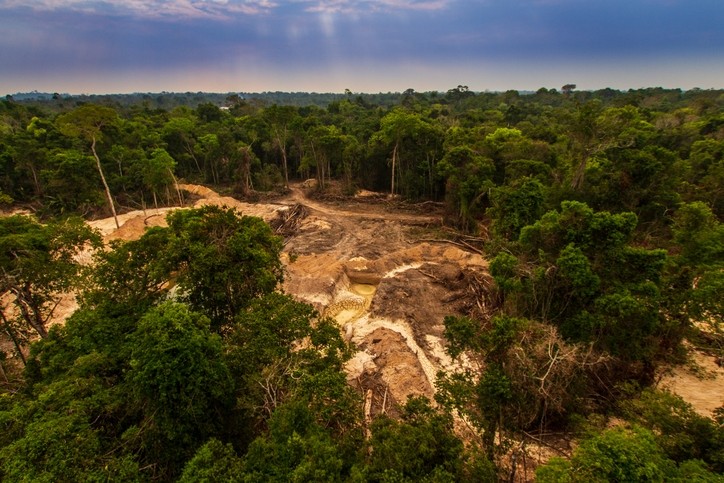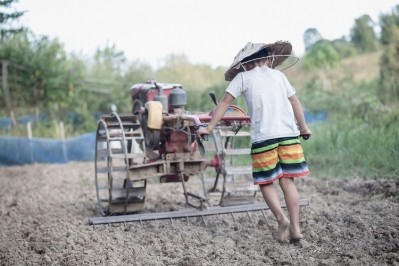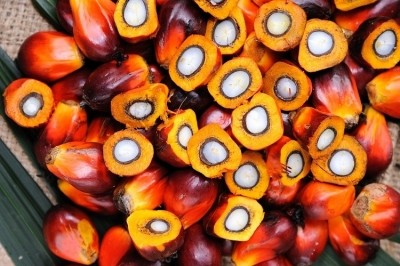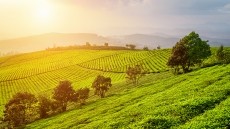Food majors put weight behind plans to halt and reverse EU-driven deforestation

In October last year the European Parliament adopted the Burkhardt report, which contains recommendations for a legal framework to halt and reverse EU-driven deforestation and which the European Commission is expected to present later in 2021. The report unequivocally calls for binding legislation on due diligence, means that companies that import agro-commodities such as palm oil, soy and beef into the EU would be obliged to ensure that these commodities are not produced at the expense of forests.
At the time, environmental campaigner WWF said that adoption of the Burkhardt report paved the way for concrete discussions in 2021. “The flesh and bones of this law must apply to a whole range of commodities, ensure the protection of human rights, and address the EU’s impact not only on forests, but also other ecosystems such as savannahs, grasslands and wetlands,” it said.
According to WWF, globally the EU is responsible for over 10% of forest destruction, driven by its consumption of commodities like meat, dairy, soy for animal feed, palm oil, coffee and cacao. Since 2015, 10 million hectares (larger than the size of Portugal) of forests worldwide have been lost to deforestation each year, the group claimed.
In the latest statement, the collection of 11 corporations called global deforestation ‘a pressing challenge for society and for our companies’, and said the future EU legal framework to halt and reverse EU-driven global deforestation must be ambitious in its efforts to increase global value chain transparency and accountability.
“We acknowledge that our businesses have a responsibility in this fight because our supply chains are global and include commodities that may contribute to deforestation,” the signatories wrote. “This is why we are committed to ending deforestation in our supply chains and have implemented measures to this end over the last ten years.”
‘Clear legal framework needed’
They continued: “Businesses like ours need a clear legal framework that puts all companies on a level playing field, gives all supply chains actors incentives to address risks of deforestation, collectively fosters transparency, provides a realistic timeline for implementation and works to support farmers and their communities.”
The statement called on the Commission to explore the strengthened use of the innovative technology such as satellite monitoring, adding information related to the origin of the products when entering in the Union’s internal market should be made available by leveraging techniques such as GPS coordinates for these commodities.
The group also called on the European Commission and Member States to strengthen cooperation with producing countries through technical assistance; exchange of information; trade and other incentives; and good practices in the preservation, conservation, and sustainable use of forests.
FoodNavigator recently reported in-depth on the types of technology being used by meat giant JBS to identify illegal deforestation in its complex supply chains.
Nestlé says it wants to help shape EU measures that protect and restore forests
The statement builds on a joint position paper co-signed by Nestlé and over 50 other companies and non-profits in December 2020, calling on for the EU to tackle the different factors that drive deforestation and impact the livelihoods of farmers and their communities.
Nestlé said it will “continue to work with all stakeholders and share its leading experience in supply chain transparency, traceability, and implementing its forest positive strategy”, adding it will help “shape EU measures that protect and restore forests, promote sustainable food production and thriving communities, and create a forest positive future for all”.
It added: “In addition to achieving transparent supply chains, more collective action between companies, governments and civil society is needed to end deforestation. This collective action will be incentivized if there is a clear set of rules that pushes companies to take impactful action on the ground to protect human rights and the environment.
“More intense dialogue between major consumer and producing countries, as well as steering flows of finance and investment towards sustainable activities and supply chains, will both be essential to ensure a fair international trade system.”
Another enviornmental pressure group, Global Canopy, welcomed the move.
Global Canopy’s Forest 500 project manager Emma Thomson said: “It is great to see Nestle and other companies continuing to push for a clear and ambitious legal framework to address deforestation that puts companies operating across Europe on a level playing field and encourages greater transparency across supply chains.
“With legislation on the horizon, European companies need to act now to address their deforestation risks. All companies sourcing products containing forest-risk commodities need to have a commitment in place for zero deforestation and they should be pushing suppliers to work towards the same standards and report transparently on progress.”

























